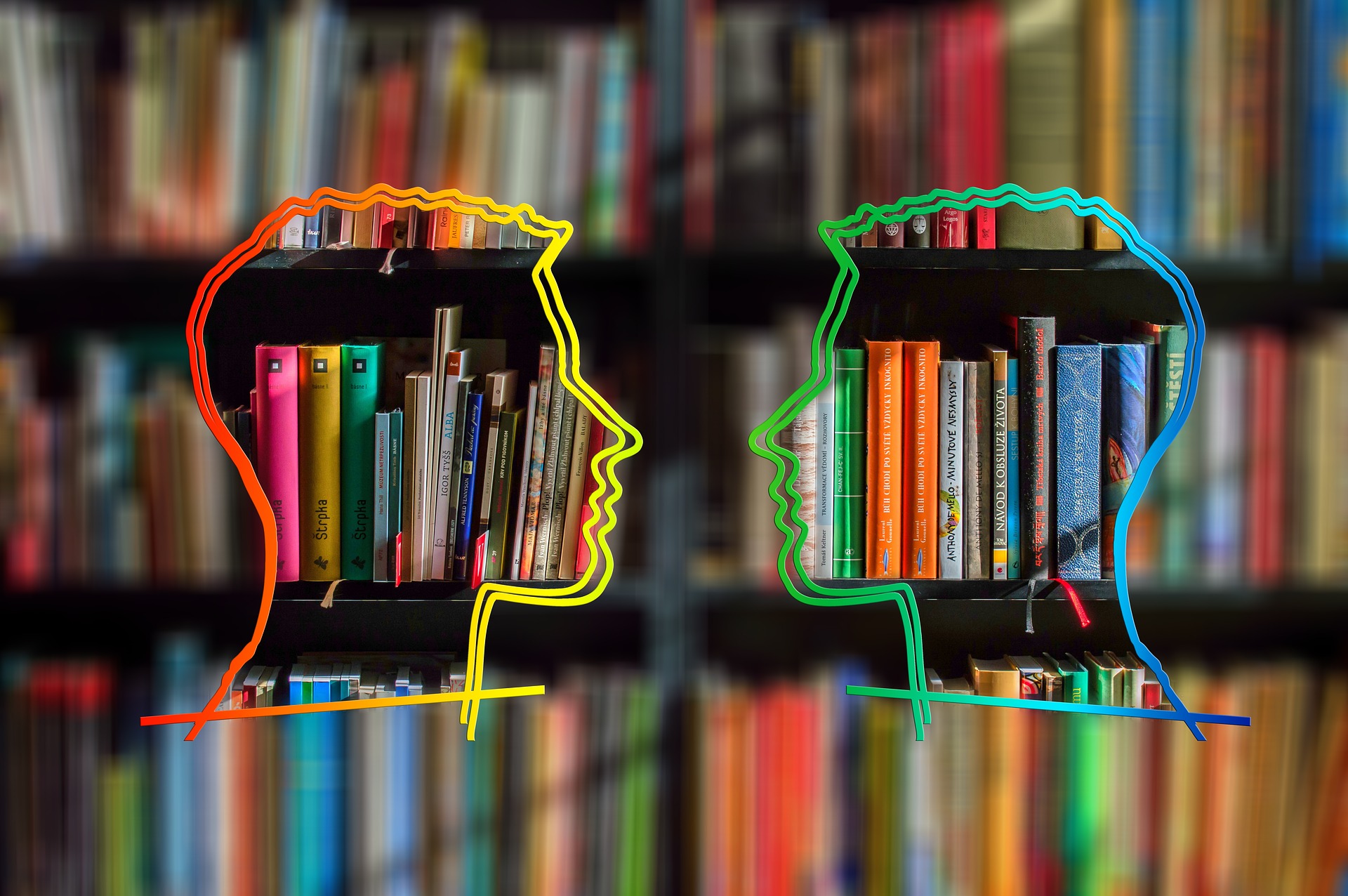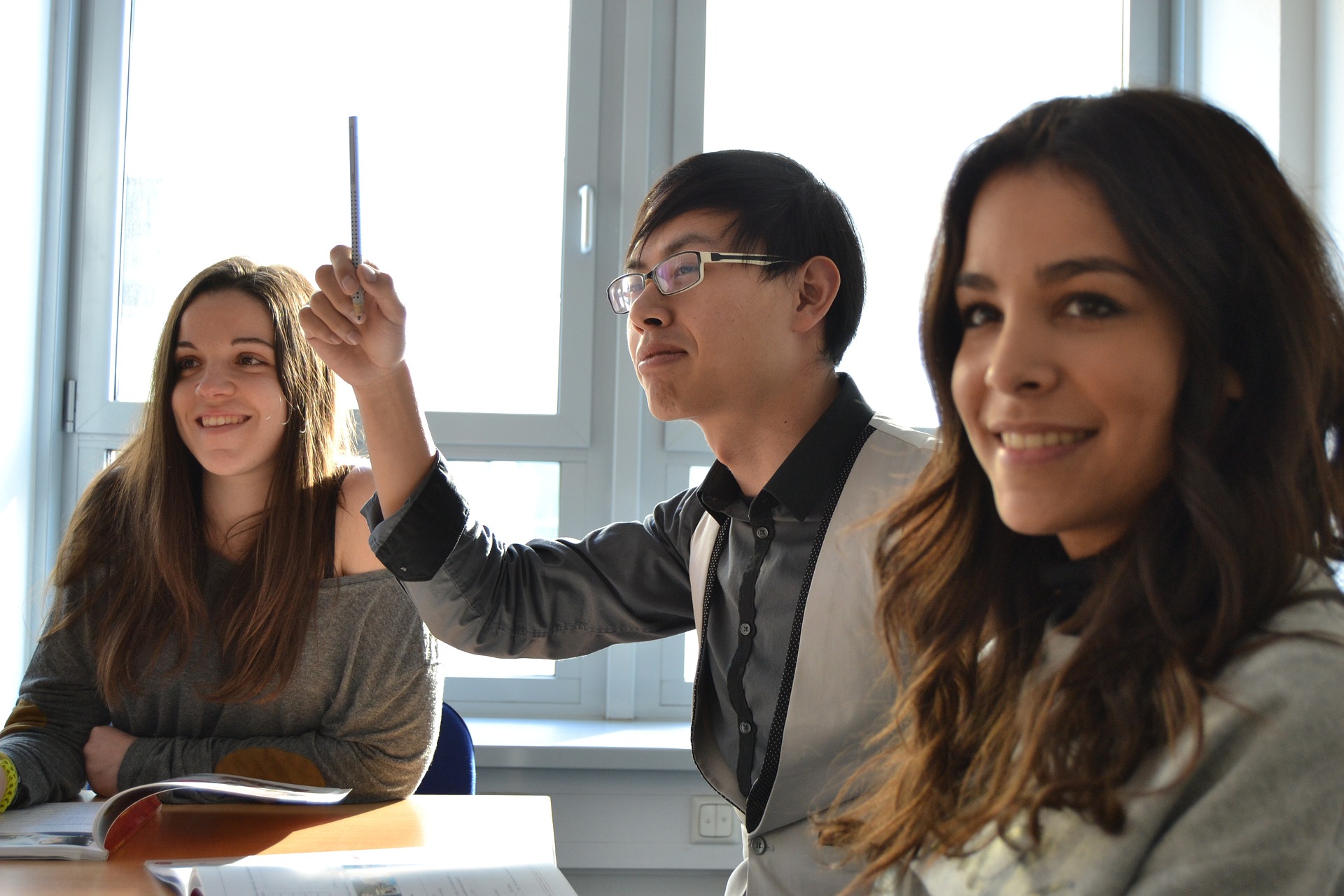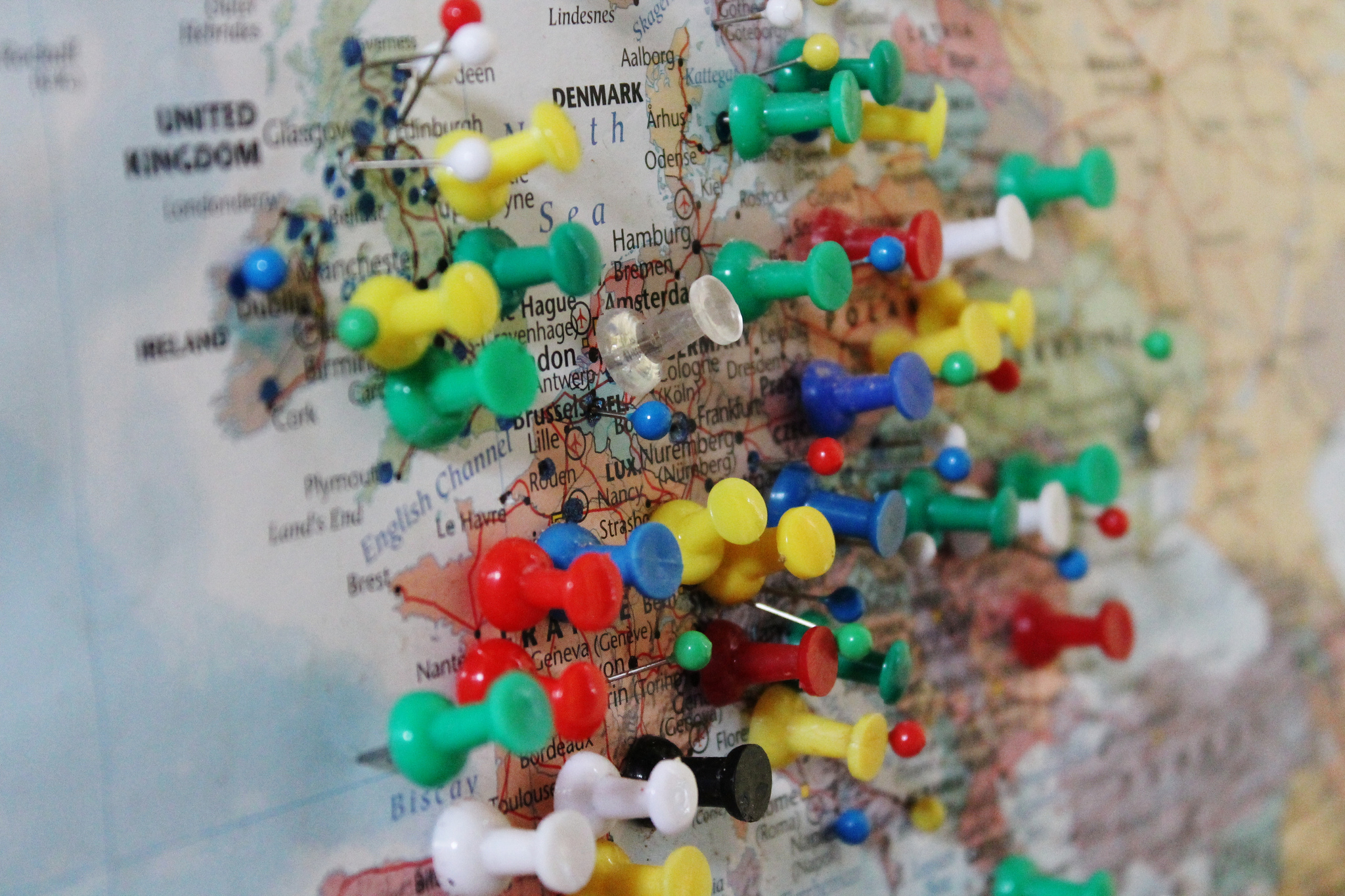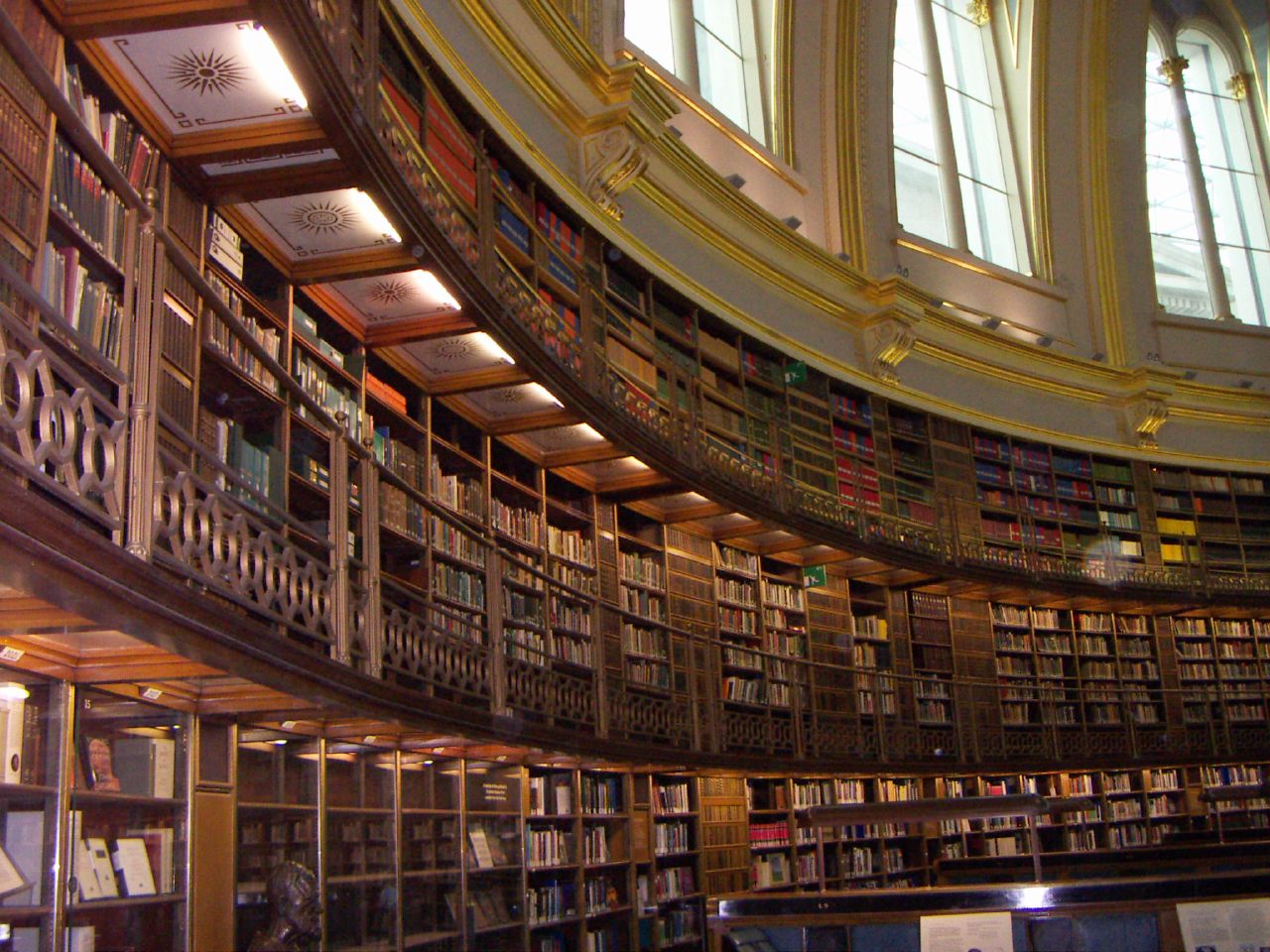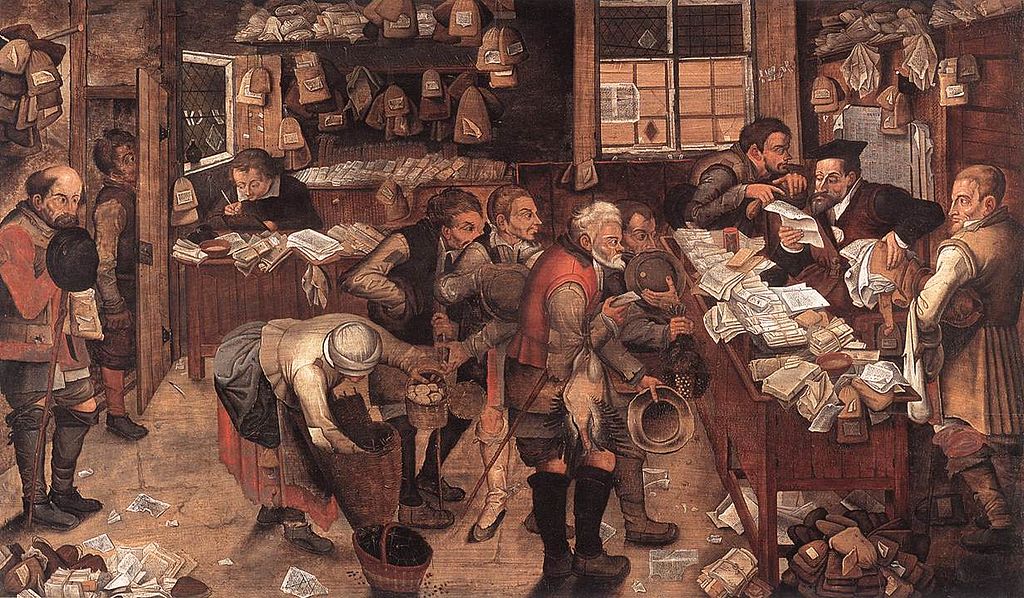Latest blog articles
-
There is value in reflecting on the impact that Covid-19 has on legal education. A first reflection relates to the fact that many state that Covid-19 invites for virtual teaching. Teaching is not virtual, since it is as real as it can get: students and instructors are real, experiences are real.
-
Resilience is a characteristic of codification, since codes tend to change according to time and space: they are far from being eternal or carved in stone. This is evident in Europe, when looking at the recent reforms to the Belgian Civil Code, for example in the area of property law. Resilience is...
-
The Law and Literature (L&L) movement gained momentum in Europe during the past decades, having had so far more exposure on the other side of the Atlantic Ocean. L&L offers an open laboratory to create and test knowledge, and the teaching of law should benefit from the genius and creativity of...
-
Comparative law and multiculturalism can evolve together in the classroom at schools of law and result in a fruitful combination. Their interplay should be encouraged.
-
Legislative enactments and court decisions, together with social-historical events, provide the causal mechanisms that enable scholars to trace the evolution of ownership paradigms in different jurisdictions. In addition, shifts in ownership paradigms result from the circulation and flow of legal...
-
Dowsing is the ability to detect the source of things. Dowsing for a source of legal ideas must start at an early stage in academic life, when students write their first legal papers. This ability is mastered if students and tutors interact in the process of developing academic legal research skills...
-
The European Union (EU) faces challenges after the results of the United Kingdom (UK) European Union membership referendum that was held on June 23, 2016. Yet, Brexit is not the first challenge faced by the EU. Three points invite for reflection on Brexit and the future of the EU.
-
Every endeavour is achieved as the result of teamwork, and librarians are fundamental members in our team when researching in law. Librarians provide able hands and without them effective research would be an almost impossible mission, especially in the Internet era. Above all, librarians hold the...
-
Comparative legal historians do not undertake pure legal history or pure comparative law. The product of their research experience is more than the mere addition of the two building blocks.
-
When should the State intervene on ownership to guarantee the protection of the environment? When is social responsibility triggered when dealing with ownership? There is a need to predict the impact that the Ecological Function paradigm will have.
